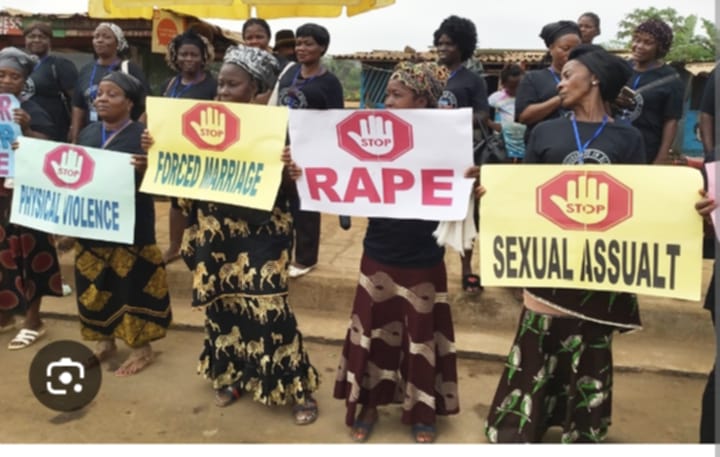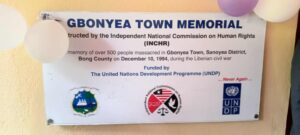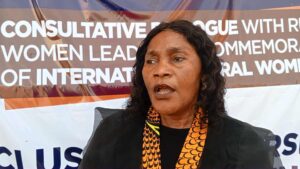VIOLENCE, A NIGHTMARE FOR WOMEN AND GIRLS IN RURAL LIBERIA

By Jeremiah Sackie Cooper
Gmail: jeremiahcooper105@gmail.com
Liberia – Violence against women and girls remains an alarming reality in Liberia, with far greater impact in rural communities. Women and girls in these regions have been left vulnerable, without a voice or support.
A 2023 report from the Ministry of Gender, Children, and Social Protection (MoGCSP) revealed alarming statistics: an average of 267 cases of Sexual and Gender-Based Violence (SGBV) were reported monthly, totaling 3,204 for the year. 83% of survivors, 2,662 cases were between the ages of 0 and 20. In a bold effort to combat this epidemic, the MoGCSP, with support from the World Bank, recently launched the National GBV 116 Call Center at the EJS Ministerial Complex.
The facility aims to ensure swift responses to GBV cases nationwide. “Today marks a milestone in our fight against gender-based violence,” stated Minister Gbeme Horace-Kollie. “The launch of the National GBV 116 Call Center is a testament to our unwavering commitment to protecting the rights and dignity of all Liberians, especially women and girls who are disproportionately affected by violence.”
However, concerns have been raised about the initiative’s reach in rural areas, where poor network connectivity hinders access. Critics have urged the Ministry to explore alternative methods to ensure all Liberian women are protected from SGBV and GBV, regardless of location. “Violence against women has become a silent epidemic in our villages,” said Radiatu Kahnplaye, Policy Advisor of Natural Resource Women Platform, a women-led organization. “Many women suffer in silence due to stigma and lack of resources”.
Speaking to Women’s TV Liberia, victims from several towns and villages in Grand Cape Mount and Bomi Counties recounted stories of abuse, ranging from domestic violence to harmful traditional practices and sexual exploitation. One survivor, a mother of five who wished to remain anonymous, spoke tearfully about her abusive marriage. “I was shamed for speaking out.
They told me it was a family matter, not something for the police. I have been sexually abused for years by my husband. Each time I try to leave, my parents pressure me, saying divorce is against our religion. I feel trapped,” she shared. Another victim, the mother of a 14-year-old girl, recounted how her daughter was forced to marry a 70-year-old man after the death of her husband. “We were told he would change our lives, but it wasn’t true,” she said.
“After he died, my daughter was forced into another marriage at just 16 because the family didn’t want her ‘wasting away.’” Data from Liberia’s 2021-22 Demographic and Health Survey reveals that one in four young women were married before turning 18. NGOs like Plan International attribute child marriage to systemic gender inequality, poverty, and entrenched cultural traditions. As Liberia grapples with social and cultural challenges, initiatives like this provide a beacon of hope for countless women seeking justice and empowerment.



